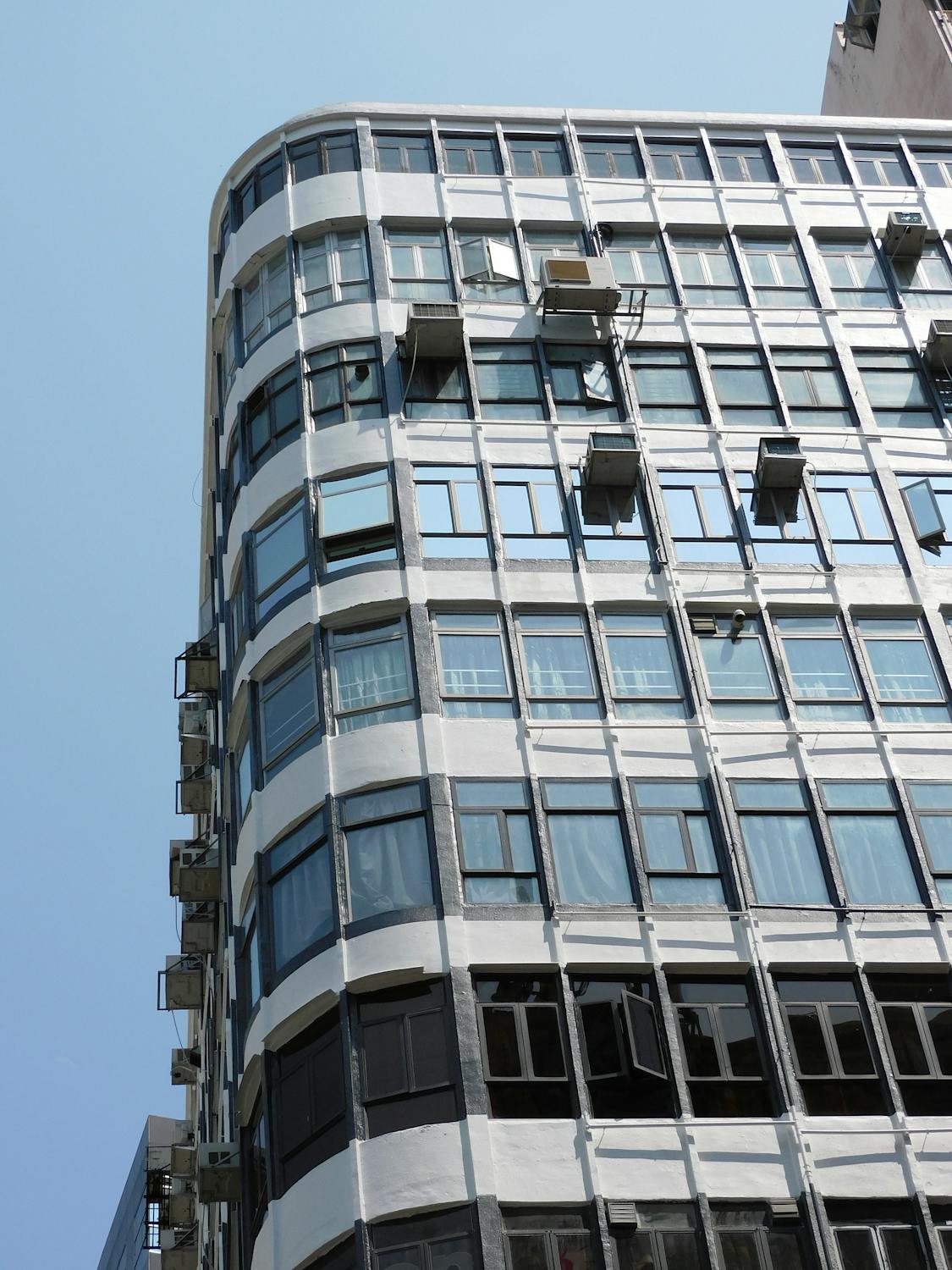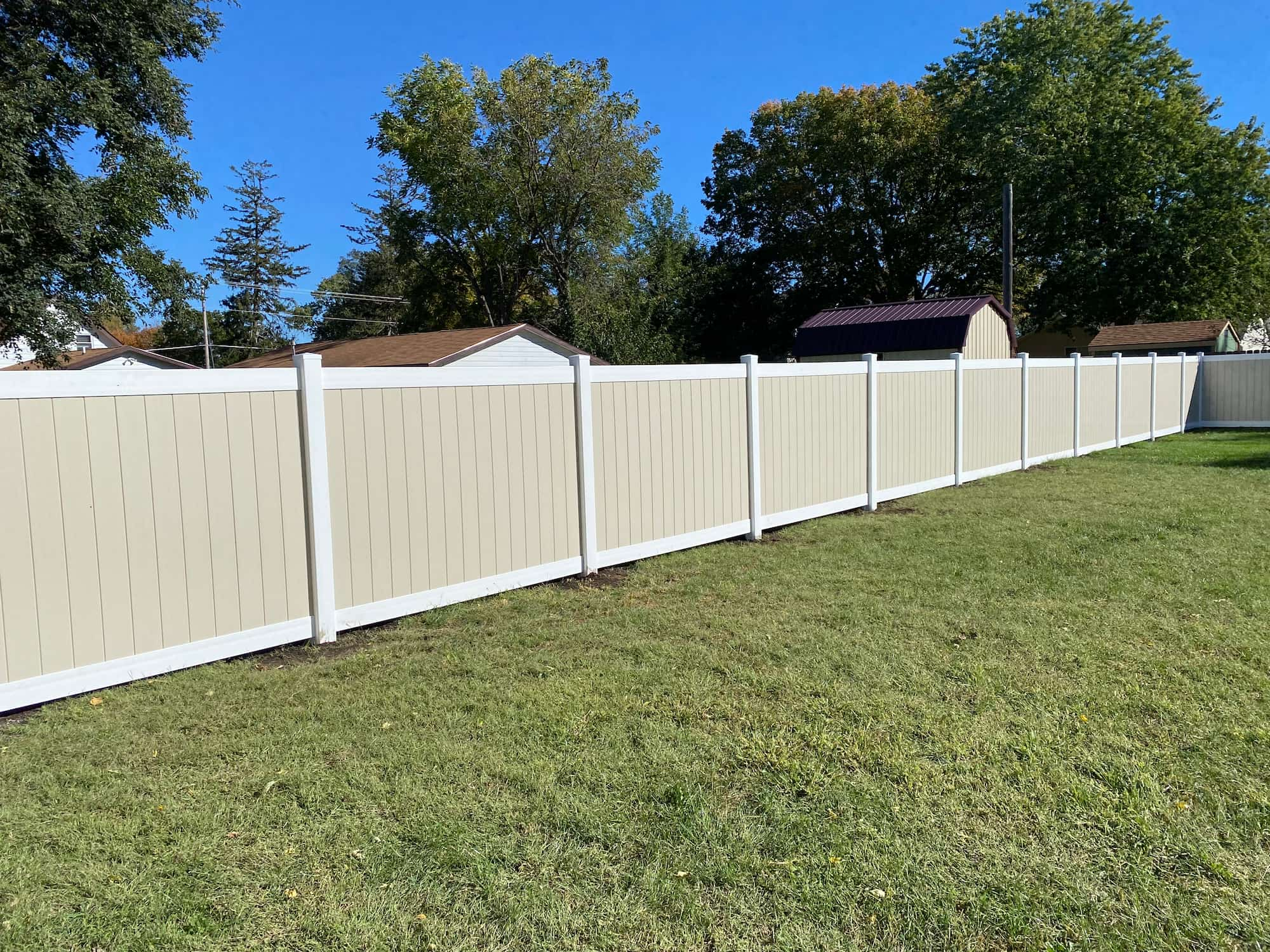Exceptional: Homebound raises $20 million in convertible credit card debt
- Homebound, the buzzy dwelling construction startup, raised $20 million in new funds from existing investors Fifth Wall and the LP network Trustworthy Perception.
- The $20 million convertible credit card debt will come on leading of the $35 million funding spherical the business lifted in August, 2019, at a valuation of $210 million, in accordance to Pitchbook.
- Though convertible financial debt is an strange way to elevate cash for a progress-phase, venture-backed startup, Homebound CEO Nikki Pechet tells Small business Insider she failed to want the additional hard cash.
- Check out Enterprise Insider’s homepage for extra stories.
Homebound, the buzzy dwelling development startup, elevated $20 million in convertible debt from present buyers Fifth Wall and the LP community Dependable Insight.
The new funds arrives on top rated of the $35 million funding spherical the organization lifted in August 2019 at a valuation of $210 million, in accordance to Pitchbook. Convertible notes normally have a cap on the valuation at which the credit card debt will change into equity ranging from the recent valuation to a increased numerous. A valuation cap is a promise that when a enterprise does increase its up coming fairness spherical, it will hit a specified valuation.
3 sources common with the offer informed Organization Insider the valuation cap for Homebound is nicely north of the earlier claimed valuation, but down below the coveted $1 billion unicorn standing. The corporation declined to remark on the specific phrases of the offer.
Homebound has experienced a thriving run of fundraising in its brief historical past, bringing in practically raised $73 million in total funds, like this new round, lifted in under three decades. Other current traders contain GV, Khosla Ventures, Forerunner Ventures, Atomic VC, Prosper Money, and the superstar Ashton Kutcher.
Debt in the variety of convertible notes is classically employed to fund early-stage startups that are not completely ready to set up a valuation but need accessibility to fast dollars right before the following priced round.
In Homebound’s situation, CEO and co-founder Nikki Pechet stated when she’s thankful for the new money, the business really did not want the additional funds and was not seeking to fundraise this calendar year. Because the pandemic commenced, she said, Homebound has benefited from all kinds of tailwinds, which include traditionally low-fascination rates and distant personnel relocating to new sites and developing households for the very first time.
While she declined to give distinct economic numbers, Pechet stated Homebound has witnessed months of document earnings progress and “still has several years of runway left in the financial institution,” indicating the startup is not at possibility of working out of money at any time quickly.
“We in the beginning set a limit of no much more than $15 million for the reason that we seriously don’t have to have money,” Pechet informed Organization Insider. But she ultimately gave in to having on additional due to the fact there was so considerably desire from not only present buyers, but also a amount of outside the house investors who wished an option to devote.
“This felt like an effortless way to get a quick dollars infusion from our present companions who needed to place more money in, and to give us variety of an opportunistic likelihood to have a harmony sheet that lets us be a little a lot more aggressive in gentle of the tailwinds that we have experienced,” she included.
A lot more proven startups boosting dollars by having on convertible personal debt is not unheard of. In 2016, Spotify elevated $1 billion in convertible credit card debt in the operate-up to its IPO from non-public-fairness company TPG and hedge fund Dragoneer Investment Team. Past April, Airbnb also regarded issuing a convertible be aware with investors in advance of its public debut, in accordance to Bloomberg Information.
“It’s tremendous straightforward,” explained Pechet as to why the firm made the decision to go with a convertible notice suitable now alternatively of a classic funding spherical.
“The paperwork requires two days to switch all-around, and we experienced the complete issue performed in a 7 days,” she additional.
And whilst she maintains the company really does not require the cash, she’s presently getting ready for a future fundraising celebration, particularly due to the fact most convertible notes typically carry a maturity date of 18 to 24 months. The offer closed just prior to the conclude of the yr.
“We are in conversations with lots of growth-phase investors who are psyched about accomplishing a advancement spherical when we’re completely ready for it,” she added.
Homebound
From the ashes of the Northern California wildfire
Established by tech govt Nikki Pechet and venture funds trader Jack Abraham, Homebound virtually rose from the ashes of California’s wildfire in 2017. Pechet and Abraham joined forces to reinvent the property constructing system with Homebound just 3 months soon after witnessing the devastation in their personal communities. The enterprise is continue to headquartered in Santa Rosa, an area of Northern California where by practically 3,000 households ended up ruined.
The very best way to explain Homebound is a tech-enabled basic contractor that assists handle all facets of rebuilding a property from the floor plan to the kitchen area tile. The firm’s software package can monitor and handle 370 special responsibilities affiliated with constructing a house. Homebound can take a payment of about 10% to 25% depending on the price tag of the project, give or consider about the same level that standard contractors charge.
With a little group of only 76 employees, Homebound now functions with about 150 property owners in fire-susceptible areas like Sonoma County in Northern California. Its business model is to observe the devastation, reacting immediately every time tragedy strikes. Homebound set up store in Malibu, California, soon right after the Woolsey fires, for example, and Abaco, Bahamas, immediately after Hurricane Dorian.
The enterprise claims it can save customers up to 12 months of work by streamlining the residence setting up system. Homebound’s normal house job is generally concluded in about 9 to 18 months in contrast with the field average of 18 to 40 months, in accordance to a company spokesperson.
“We started Homebound at Atomic to build a far better way to establish houses and enable pure disaster victims rebuild their lives,” Abraham informed Organization Insider. Apart from getting a co-founder, Abraham is also CEO of Atomic VC and a Homebound consumer. He’s at the moment in the procedure of rebuilding the home he misplaced in the 2017 wildfires.
“I was appalled at how challenging, baffling, costly, and time consuming it was,” reported Abraham. “I thought there had to be a greater way to establish a property, help the 1000’s of people who missing their residences, and rethink the complete process of home making,” he claimed.








